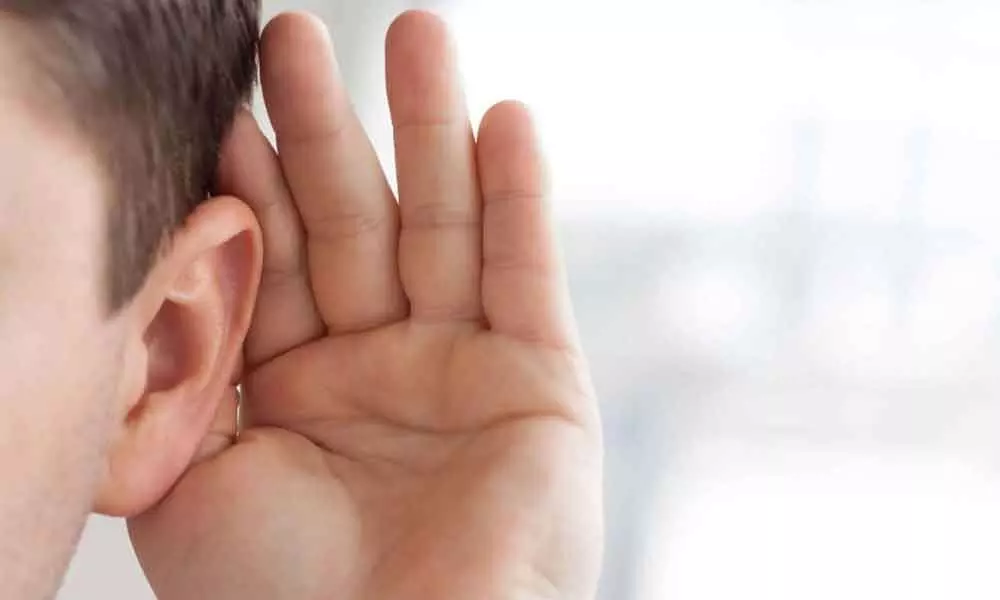World Hearing Day: To hear for life, listen with care

The theme for this year is ‘To hear for life, listen with care,’ lays emphasis on hearing loss prevention through safe listening
The World Health Organisation (WHO) has designated March 3rd as the World Hearing Day, to highlight timely and effective interventions to ensure people with hearing loss are able to achieve their full potential.
The World Health Organisation (WHO) has designated March 3rd as the World Hearing Day, to highlight timely and effective interventions to ensure people with hearing loss are able to achieve their full potential. The theme for this year is 'To hear for life, listen with care, with the thrust being on the importance and means of hearing loss prevention through safe listening.
WHO launched the World report on hearing, which highlighted the increasing number of people living with and at risk of hearing loss. It highlighted noise control as one of the seven key interventions and stressed the importance of mitigating exposure to loud sounds. The theme emphasises on the fact that it is possible to have good hearing across the life course through ear and hearing care.
Many common causes of hearing loss can be prevented, including hearing loss caused by exposure to loud sounds, therefore 'Safe listening' can mitigate the risk of hearing loss associated with recreational sound exposure. WHO has called upon governments, industry partners and civil society to raise awareness for and implement evidence-based standards that promote safe listening.
Hearing loss is the most common sensory deficit in humans today. As per WHO estimates, in India alone there are approximately 63 million people, who are suffering from Significant Auditory Impairment. The estimated prevalence is at 6.3 per cent of the Indian population. According to the National Sample Survey Organisation, currently there are 291 persons per one lakh population suffering from severe to profound hearing loss.
A large percentage of these are children between the ages of 0 to 14 years. In India an alarming 27,000 children are born deaf every year. It is estimated that by the year 2050, 1 in 4 people will have hearing problems. 70 per cent people with diabetes aged above 50 years age will have significant hearing loss.
The world statistics indicate that 5% of the world's population or 430 million people require rehabilitation to address their 'disabling' hearing loss. Hearing loss occurs in 1-3 new born per 1000 births, with 1-2 per 1,000 suffering from permanent childhood hearing impairment. Over 1 billion young adults are at risk of permanent, avoidable hearing loss due to unsafe listening practices. Disabling hearing impairment in Telangana State is common, affecting approximately 1 in 23 people overall and a third of people aged older than 65 years.
There is much more to be done by the government machinery along with NGOs and other voluntary organisations to mitigate the burden of hearing impairment and rehabilitate those with complete or partial hearing loss, to make this world a more pleasant place to live.
One of the measures to decrease the burden of hearing loss is screening of the new-borns and infants. WHO makes newborn hearing screening programme mandatory by "Catch them young" theme should be adopted by all paediatric hospitals across State, including government and private. Also, going for regular hearing tests in adults like regular health check-ups is required because one may not realise that they have hearing loss, because it's often a gradual process.
(The writer is the Clinical Director, Audiology, Hear 'N' Say Clinic, Hyderabad)














